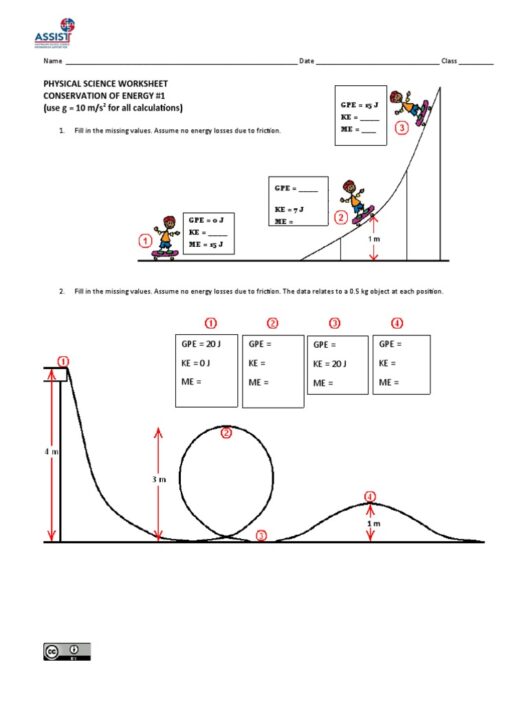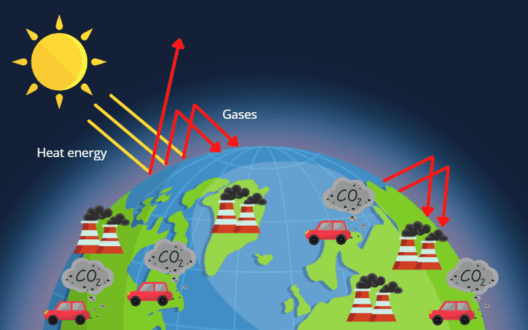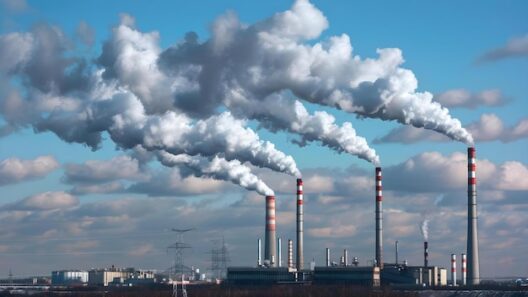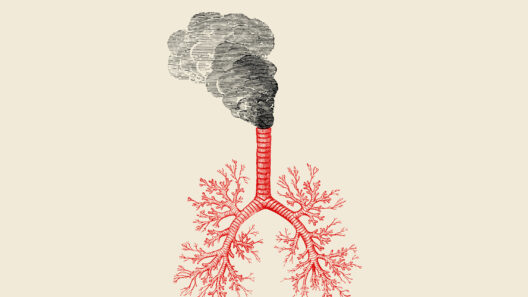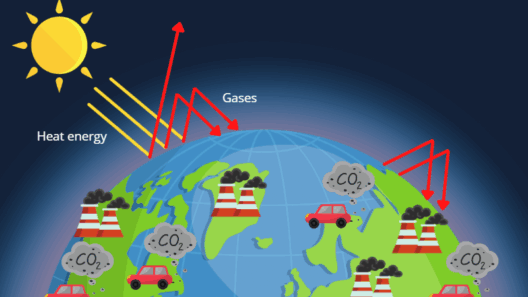Setting the Scene: It was a pleasant evening in a bustling coffee shop, where two friends, Aman and Priya, sat across from each other. The air buzzed with conversation, yet their discussion took a detour into a topic of greater substance: global warming. This conversation had sparked from a common observation—they both noticed the increasing erratic weather patterns in their city.
Aman: “Priya, have you noticed how unpredictable the weather has become? Just last week, it felt like summer in the middle of winter. It’s as if seasons don’t exist anymore.”
Priya: “Absolutely, Aman! It’s alarming to see such rapid changes. Every year, I feel like we’re experiencing extreme weather—floods, droughts, and rare heatwaves. But it’s not just the weather; it’s a symptom of a much larger issue: global warming.”
Aman: “Right! But why do you think we, as a society, are so drawn to discussing global warming? It’s not just about the rising temperatures, is it? There’s a certain urgency that resonates with us.”
Priya: “That’s quite perceptive. I believe it reflects our innate connection to the environment. Global warming is more than a scientific phenomenon; it impacts everything from agriculture to health and our very existence. When we see its effects, like dwindling ice caps or wildfires, it ignites both fear and fascination. We want to understand the roots of such changes.”
Aman: “Exactly! It seems that many people, including myself, have this insatiable curiosity about the phenomenon. It’s almost as if we’re unearthing a mystery—how humankind, with its rapid industrialization, has contributed to such drastic alterations in Earth’s climate.”
Priya: “What’s fascinating is how interconnected everything is. Take urbanization, for example. As cities grow, they change local climates and ecosystems. This urban heat island effect contributes to warmer cities, disturbing weather patterns even further. Our fascination stems from understanding that our daily choices—like our mode of transport or energy consumption—play a role in this intricate web.”
Aman: “It’s both intriguing and daunting. The way we live, our consumption habits and reliance on fossil fuels, have far-reaching repercussions. I read recently that fossil fuel emissions are the primary driver of global warming. How did we let it escalate to this level?”
Priya: “Historical negligence, perhaps. Although scientists have warned us for decades, the urgency has only been acknowledged recently. Plus, there’s a psychological aspect at play—a sense of denial or disassociation. Many people feel distant from the problem, believing it’s too vast or unsolvable.”
Aman: “True. However, it’s also empowering to realize that awareness leads to action. That small lifestyle changes and collective efforts can significantly impact. It underscores the importance of education. For instance, initiatives to transition to renewable energy sources are not just environmentally justified; they’re economically sound too.”
Priya: “Agreed! Awareness translates to responsibility. It’s not just governments or corporations; each individual has a role. We can advocate for policies that push for sustainable practices or support local businesses that prioritize eco-friendly methods. When people are genuinely engaged, they inspire others to join the movement.”
Aman: “I remember reading about how youth activists have propelled the climate debate. Their passion is infectious, igniting a spark in even the most apathetic individuals. It’s like a new awakening for those who never considered the urgency of these issues.”
Priya: “Indeed! Grassroot movements, whether local clean-up drives or global initiatives, show that collective action can influence systemic changes. Let’s not forget how cultural storytelling through art or social media platforms serves as a catalyst for environmental consciousness. It makes the concept more relatable and urgent.”
Aman: “Well said! So, what steps do you think we should be taking, as individuals, to combat global warming?”
Priya: “There are multiple avenues! Simple things like reducing waste, using public transport, conserving energy, and supporting sustainable brands can lead to meaningful changes. Moreover, we must engage in dialogue about these practices—making it a part of our community norms. This way, awareness blooms into action, creating a ripple effect.”
Aman: “It’s refreshing to think that every little act contributes to a larger movement. It’s all about being mindful of our impact. After all, we owe it to future generations to preserve the planet.”
Priya: “Precisely! Every moment offers us a chance to influence the trajectory of our environment positively. Let us continue to educate ourselves and others, fostering a culture of responsibility and respect for our planet. Awareness is the first step, but action is where the real change happens.”
Conclusion: As the two friends concluded their discussion, they left the coffee shop with a deeper understanding of global warming and their role in combating it. Their conversation exemplified how curiosity about the connections between daily life and environmental stewardship can lead to greater awareness and, ultimately, action.



